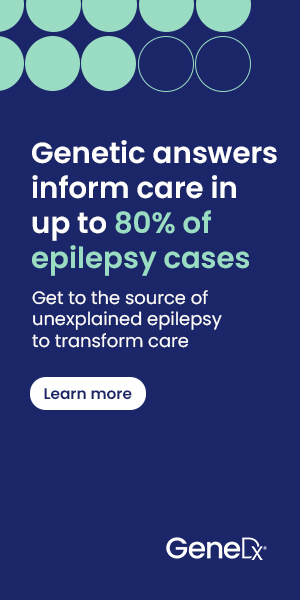Matthias Löhr, MD, PhD, Professor of Gastroenterology & Hepatology at Karolinska Institutet, Stockholm, Sweden, discusses recent data from the MITIGATE clinical trial of inebilizumab for the treatment of IgG4-related disease (IgG4-RD).
IgG4-RD is an immune-mediated condition that can affect multiple organ systems. Common features include IgG4-related autoimmune pancreatitis, swelling within an organ system, salivary gland disease, swollen lymph nodes, skin manifestations, and symptoms consistent with allergies or asthma. The cause of IgG4-RD is unknown. Inebilizumab was approved earlier this year for the treatment of adults with IgG4-RD. Prior to the approval of inebilizumab, treatment of IgG4-RD mainly consisted of the use of glucocorticoids.
Inebilizumab is a humanized monoclonal antibody that targets the depletion of autoantibody-producing CD19+ B cells that contribute to the underlying disease. It is administered as two initial infusions, followed by one dose every six months.
The MITIGATE clinical trial was a randomized, double-blind, placebo-controlled, parallel-group, multicenter clinical trial evaluating the safety and efficacy of inebilizumab in reducing risk of flares in adults with IgG4-RD. The trial enrolled a total of 135 patients. Recently, additional data from the MITIGATE trial was presented at the 2025 European Alliance of Associations for Rheumatology (EULAR) Congress. Dr. Löhr discussed two abstracts presented at EULAR regarding the MITIGATE trial.
Post Hoc Analysis
The first presentation was a post hoc analysis evaluating the time of onset and durability of efficacy of inebilizumab in the MITIGATE trial. Results indicated a statistically significant reduction in IgG4-RD flare risk with inebilizumab compared to placebo was observed as early as day 91, with statistically significant benefit continuing through the randomized control period. By day 91 there was also a significant difference in the proportion of patients who experienced IgG4-RD flare, which was also maintained during follow-ups.
Flare-free corticosteroid-free complete remission was achieved at week 26 in a significantly higher proportion of patients on inebilizumab than placebo. Among these patients, 11 continued to receive inebilizumab in the open-label period and all maintained flare-free corticosteroid-free complete remission at week 52.
For more information, click here.
Subgroup Analysis
The second presentation was a subgroup analysis evaluating the safety and efficacy of inebilizumab in various demographic subgroups of patients enrolled in the MITIGATE study. Results illustrated that treatment with inebilizumab significantly reduced the risk of flare compared to placebo regardless of patient’s age, sex, or race. Patients on inebilizumab experienced reduced annualized flare rates, relative to those on placebo, in all demographic subgroups.
Similar results were observed across all subgroups in regards to achieving flare-free treatment-free complete remission or flare-free corticosteroid-free complete remission by week 52. Additionally, safety findings were consistent across subgroups and in the overall population.
For more information, click here.
To learn more about IgG4-RD and other rare autoimmune conditions, visit https://checkrare.com/diseases/autoimmune-and-auto-inflammatory-disorders/

